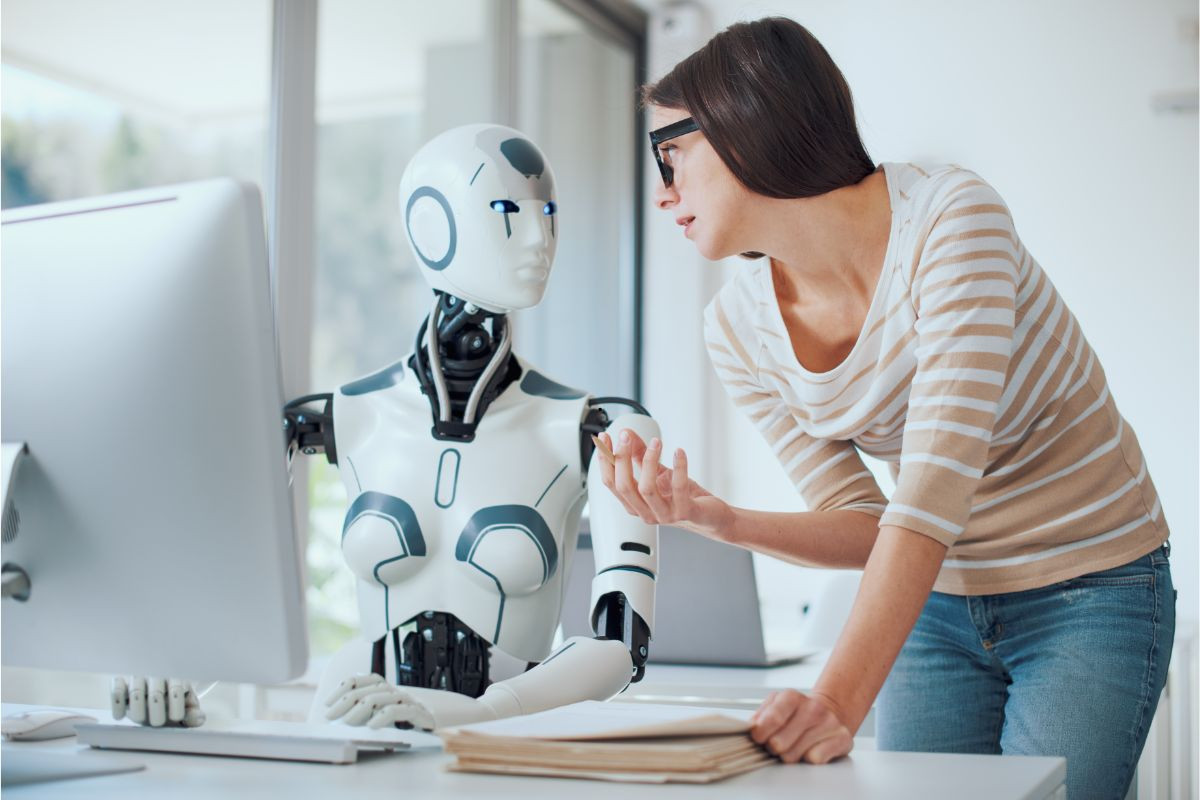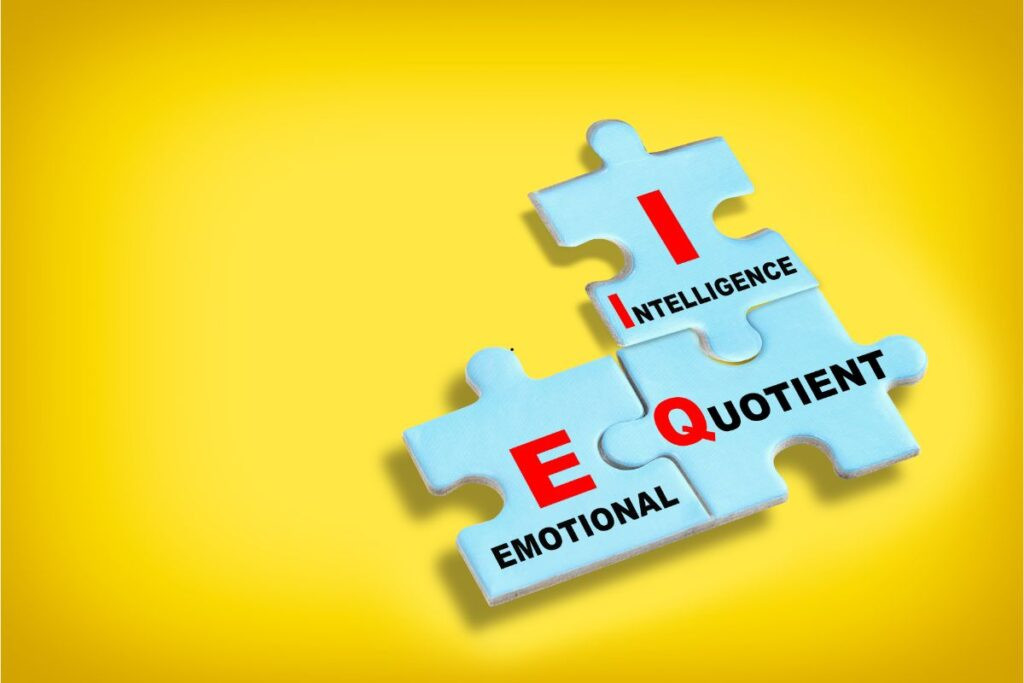AI Replacing Teachers in 2025: Will It Happen?

The idea of AI replacing teachers by 2025 has sparked debates worldwide. With rapid advancements in artificial intelligence, many wonder if we’re nearing a future where teachers are no longer needed. But is this a real possibility, or just a futuristic fantasy? Let’s take a closer look at how AI might influence education and whether it can truly replace human educators.
How AI is Transforming Education
AI is already playing a significant role in education. From automated grading to personalized learning experiences, AI is reshaping the classroom. However, the question remains—will it completely replace teachers by 2025?
Personalized Learning at Scale
AI-powered tools are revolutionizing the delivery of education. These tools analyze students’ learning styles, strengths, and weaknesses to provide tailored learning paths. This can help students progress at their own pace, marking a significant shift from the traditional one-size-fits-all approach.
“AI has the potential to provide personalized learning experiences that adapt to individual needs, making education more effective and inclusive.” — Dr. Maria Gomez, AI in Education Specialist.
Automating Administrative Tasks
Another area where AI excels is in automating administrative tasks. Tasks such as grading, attendance tracking, and lesson planning can be streamlined using AI. This can free up teachers’ time, allowing them to focus more on interacting with students.
“Teachers will be able to spend more time on creative teaching and less time on administrative duties, thanks to AI.” — John Smith, Educational Technologist.
The Human Element in Teaching
While AI is making strides in education, it’s important to remember that teaching is more than just delivering information. Human teachers bring essential qualities to the classroom that AI cannot replicate.
Emotional Intelligence and Empathy
One of the key reasons why AI replacing teachers in 2025 is unlikely is the importance of emotional intelligence in teaching. Teachers are not only educators but also mentors, counselors, and emotional supporters for their students. At this stage, AI cannot replace the human connection that is vital to the learning experience.

Classroom Management and Interaction
Managing a classroom, handling diverse student needs, and creating a positive learning environment require skills that go beyond delivering lessons. Teachers adjust their approach based on student reactions and provide immediate feedback and support when needed. AI lacks the flexibility and judgment required to manage these complex, dynamic situations.
Will AI Be Able to Replace Teachers by 2025?
While AI will undoubtedly continue to enhance the classroom experience, it’s unlikely to replace human teachers fully by 2025. However, AI will play an increasingly important role in supporting teachers and enhancing the learning experience.
AI as a Teaching Assistant, Not a Replacement
Rather than replacing teachers, AI is more likely to serve as a powerful teaching assistant. AI can handle administrative tasks, analyze student progress, and provide personalized learning plans, all of which free up teachers to focus on more meaningful aspects of teaching and learning.
“AI will not replace teachers, but it will make their jobs easier by automating routine tasks.” — Professor Sarah Johnson, Education Expert.
Case Study: AI in Finland’s Education System
Finland has long been known for its innovative approach to education. In recent years, AI tools have been integrated into the Finnish education system, particularly to help teachers assess student progress and identify areas where students need assistance. However, the role of the teacher remains crucial in guiding students, providing emotional support, and making judgment calls.
The Benefits and Limitations of AI in Education
Pros of AI in Education:
- Personalized learning for students
- Automation of administrative tasks
- Real-time feedback and assessment
- Scalable solutions for diverse classrooms
- Increased access to education through online platforms
Cons of AI in Education:
- Lack of emotional intelligence and empathy
- Limited ability to handle complex classroom management
- Privacy and data security concerns
- Dependence on technology may exclude some students
- Potential job displacement for educators
The Future of AI in Education: A Hybrid Model
Instead of replacing teachers, AI will likely lead to a hybrid model of education where technology and human teachers work together. Teachers will continue to guide students, but AI tools will handle repetitive tasks, providing valuable insights to help improve learning outcomes.

What AI Can Offer
- Personalized learning paths: AI can tailor lessons to meet students’ performance and needs.
- Efficient grading systems: AI can grade assignments quickly and consistently.
- Data-driven insights: AI can provide teachers with real-time analytics on student performance, enabling them to identify areas where students require additional support.
What Teachers Bring to the Table
- Emotional support and empathy: Teachers offer understanding and encouragement that AI cannot replicate.
- Classroom management: Teachers can handle disruptions and create a conducive learning environment.
- Creativity and critical thinking: Teachers encourage students to think creatively and solve problems.
Conclusion: AI and Teachers in 2025
AI replacing teachers in 2025 seems unlikely, but the role of AI in education will continue to expand. Teachers will remain central to the classroom experience, bringing emotional intelligence, classroom management, and creativity to their students. However, AI will serve as a powerful tool, assisting teachers by automating administrative tasks, personalizing learning, and providing valuable insights.
As AI continues to evolve, it will enhance the teaching experience and help create a more efficient and personalized learning environment. The future of education will likely involve collaboration between AI and human educators, with both playing essential roles in student success.
Also Read: AI in Education: Transforming the Future of Learning
Frequently Asked Questions (FAQs)
1. Can AI completely replace teachers?
No, AI is more likely to serve as a tool that assists teachers rather than replacing them entirely.
2. What can AI do in the classroom?
AI can automate tasks like grading, provide personalized learning experiences, and offer real-time data on student performance.
3. Will AI improve student learning outcomes?
Yes, AI can personalize lessons, offer targeted feedback, and adapt to individual student needs, improving learning outcomes.
4. Why is emotional intelligence critical in teaching?
Emotional intelligence enables teachers to connect with students, provide support, and foster a positive learning environment—qualities that AI currently cannot replicate.
5. How can AI assist teachers in the classroom?
AI can handle administrative tasks, analyze student data, and provide personalized learning paths, allowing teachers to focus more on direct interaction with students.
6. Will AI Disrupt the Job Market for Teachers?
While AI may automate specific tasks, it is unlikely to replace teachers fully. Teachers will still play a crucial role in managing classrooms and providing emotional support.
7. What does the future of education look like with AI?
The future of education will likely involve a hybrid model where AI supports teachers in administrative tasks and personalized learning while human educators remain integral to the process.

Similar Posts
iPhone 17: Release Date, Features, AI Upgrades, and Everything You Need to Know (2025)
Cloud Automation in Business Analytics: Transforming the Way Businesses Make Decisions
Top 5 Classroom 30x Games to Play to Improve Children’s Brain Health in 2025